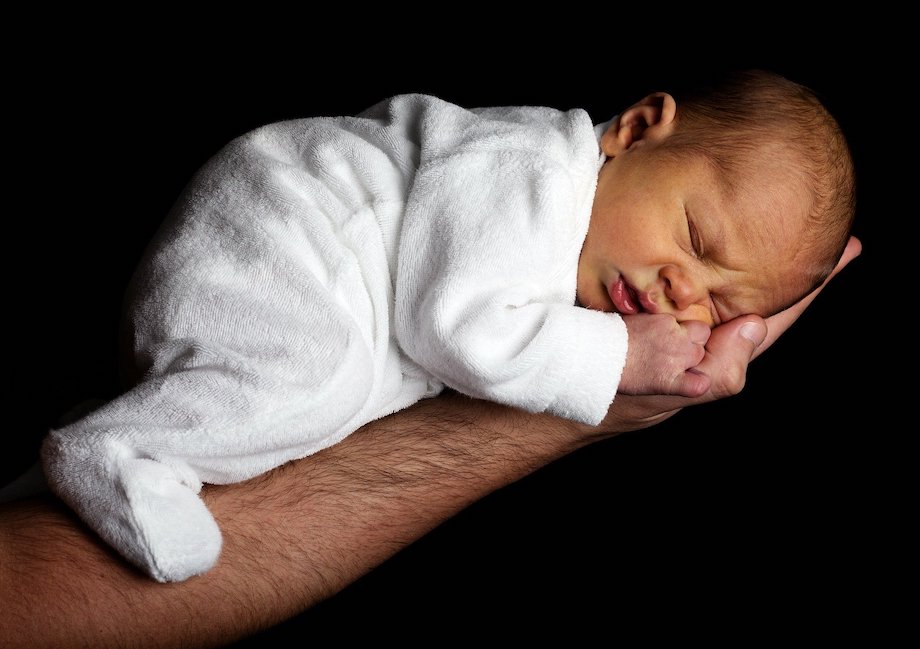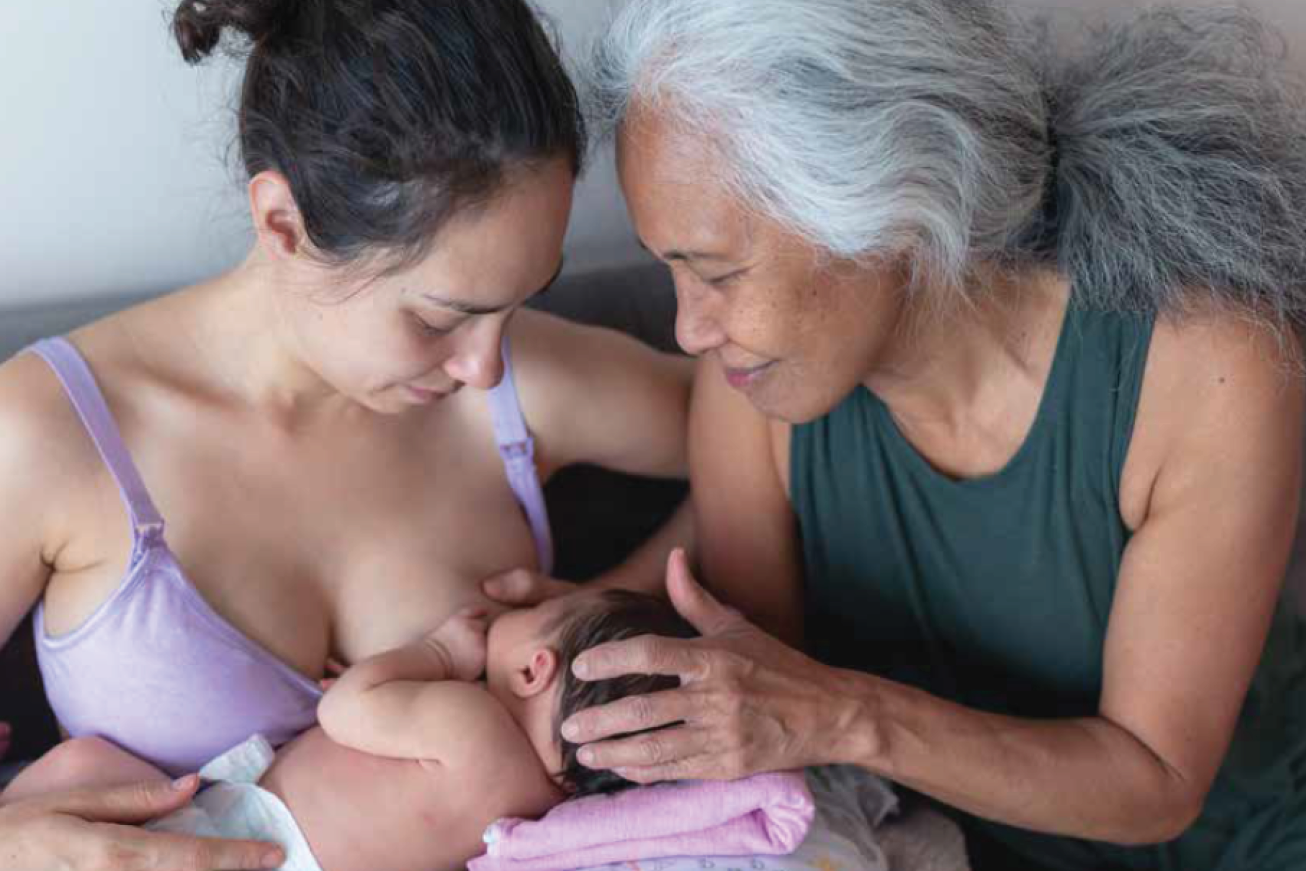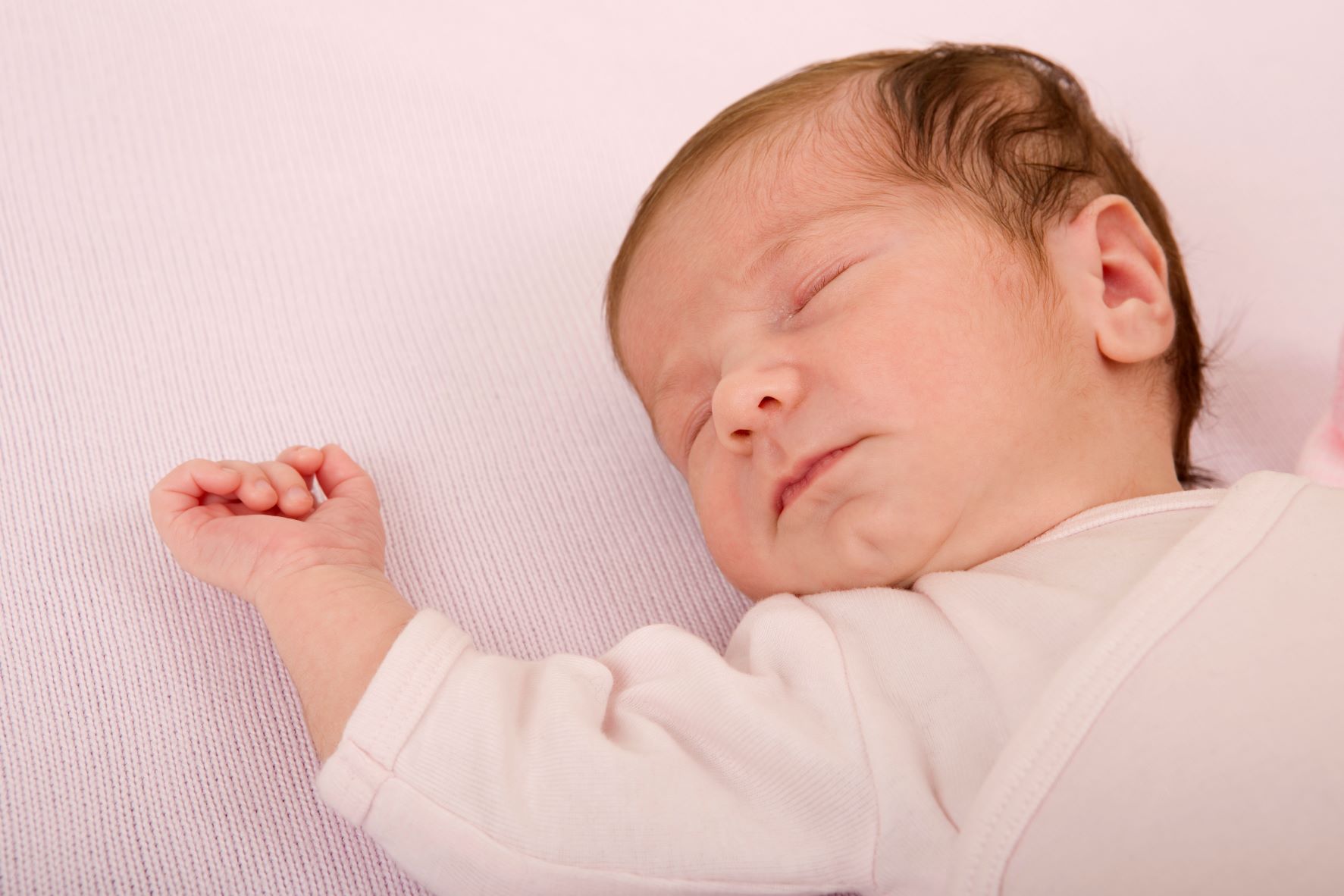
In western culture a baby who sleeps through the night is often regarded as the ideal. However what is best for adults might not be best for the baby. Night waking in babies serves many healthy and protective functions. Frequent feeding allows the intake of needed nutrition for growth; it creates the opportunity for emotional reconnection and stimulation of optimal brain development; and is potentially protective against SIDS by allowing babies to avoid long periods of time in deep sleep that can leave them vulnerable.
Sleep researchers note that human sleep mechanisms are not completely formed until about 5 years of age and night waking is the norm for babies and young children. Every time babies fall asleep they are temporarily out of contact with the security of their caregiver. Going to sleep is often an experience of separation that can produce stress and anxiety if not handled sensitively
The use of sleep training techniques such as controlled crying rely on a baby to self sooth in order to fall asleep. Babies are not born with the ability to regulate their own emotional states and need assistance to manage their emotions so they do not become overwhelmed. Whether it is fear, sadness, or excitement a baby can quickly succumb to emotional intensity. It is inappropriate to ask a young baby to self sooth when upset, even in a sleep situation. Babies who are left to cry are vulnerable to the effects of stress.
An infant brain possesses well established fear circuitry but very immature pleasure circuitry. This means baby is easily overwhelmed by distress and needs vigilant assistant to maintain emotional equilibrium and to feel good. Crying is the only way babies have to communicate they are stressed and leaving them in this state only increases their stress levels and teaches them they cannot rely on their caregiver to assist them. A baby left to cry experiences a flood of cortisol (stress hormone). Repeated extreme stress responses can have an adverse affect on brain development. Additionally, neurological studies show the pain of emotional separation registers in the same way as physical pain. The pain a baby experiences at being left alone to cry is clearly quite intense.
If a baby is left to cry it may finally fall asleep. When our bodies are flooded with too much stress and the cortisol level increases, the body has no choice but to shut down. It is then flooded with pain numbing chemicals and hormones in an effort to physiologically and emotionally retreat from pain it cannot withstand. This is a highly toxic state to be avoided at all costs and can be damaging for the young babies developing brain. Stress at this level causes neural cell death and impairs optimal brain development while simultaneously weakening bonding and attachment systems.
Babies cannot make sense of a caregiver who is attentive at some times and distant at others. Sleep training also trains caregivers to desensitize themselves to their baby’s cues. It is vital to understand the importance of responsiveness to baby’s cues no matter what time of day or night.
Many parents try some sort of sleep training when they feel overwhelmed, exhausted or unhappy about babies sleep patterns. It is never too late to repair your relationship and you can achieve this by now choosing nighttime parenting strategies that are consistently sensitive and attuned. It is normal to want a good night’s sleep.
Ways of creating a more peaceful night include:
- infant massage and touch
- calming evening routines such as warm bath, soft music and dim lights
- carrying baby in your arms or a soft sling
- napping during the day when baby sleeps significantly compensates for sleep deprivation. Having a baby is a 24 hour a day job so letting go of the other non-essential demands (such as housework) while sleeping when baby does, can go a long way to combating fatigue.
For more on babies and sleep visit this excellent well-researched website – www.isisonline.org.uk






